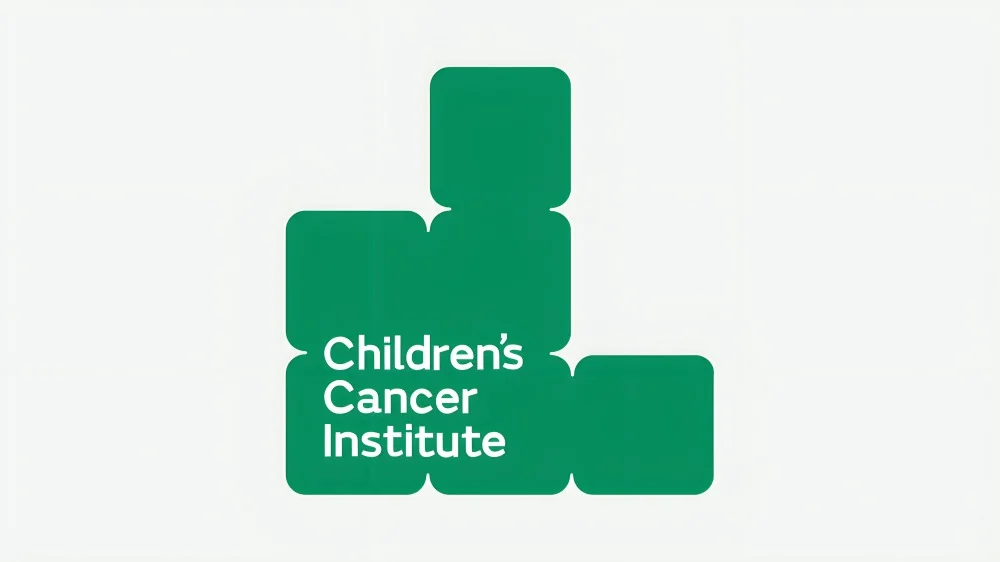
Children’s Cancer Institute Identifies Potential New Treatment Strategy for High-Risk Neuroblastoma
Children’s Cancer Institute shared on LinkedIn:
“Research led by Children’s Cancer Institute has suggested a potential new treatment strategy for the childhood cancer, neuroblastoma – the most common solid tumour in children under five, and the second most common solid tumour in children overall after brain tumours.
Published this month in the Journal of Experimental and Clinical Cancer Research, these results could be an important step towards improving treatment options for children with neuroblastoma, particularly those with aggressive forms of the disease which can be extremely difficult to treat.
‘New treatment approaches are desperately needed for children with high-risk neuroblastoma,’ said Professor Michelle Haber, co-lead author on the research paper. ‘Standard therapy often fails in these cases, resulting in a dismal survival rate of only about 50%. We are determined to do better for these children and their families.’
Cancer cells have increased requirements for a range of essential nutrients needed for growth and proliferation. Limiting their access to these nutrients is therefore an attractive therapeutic option, and an approach that researchers are actively pursuing.
According to Associate Professor Jamie Fletcher, co-lead author of the study, one of the essential nutrients required by neuroblastoma is arginine, an amino acid used to build proteins and other important chemicals in cells.
‘Neuroblastoma cells lack the ability to make arginine and must instead obtain it externally from the circulation,’ he explained. ‘This makes these cancers vulnerable to lowering arginine levels, and this is something we thought may be exploited therapeutically.’
‘Excitingly, we found that if we lowered arginine levels in living models with high-risk neuroblastoma, this substantially extended their survival,’ commented A/Professor Fletcher. ‘It also improved their responses to standard chemotherapy and immunotherapy, with no increased toxicity.’
‘We’re very hopeful that these very promising preclinical results will pave the way to clinical trials in the future.’
Read more.”
-
Challenging the Status Quo in Colorectal Cancer 2024
December 6-8, 2024
-
ESMO 2024 Congress
September 13-17, 2024
-
ASCO Annual Meeting
May 30 - June 4, 2024
-
Yvonne Award 2024
May 31, 2024
-
OncoThon 2024, Online
Feb. 15, 2024
-
Global Summit on War & Cancer 2023, Online
Dec. 14-16, 2023
